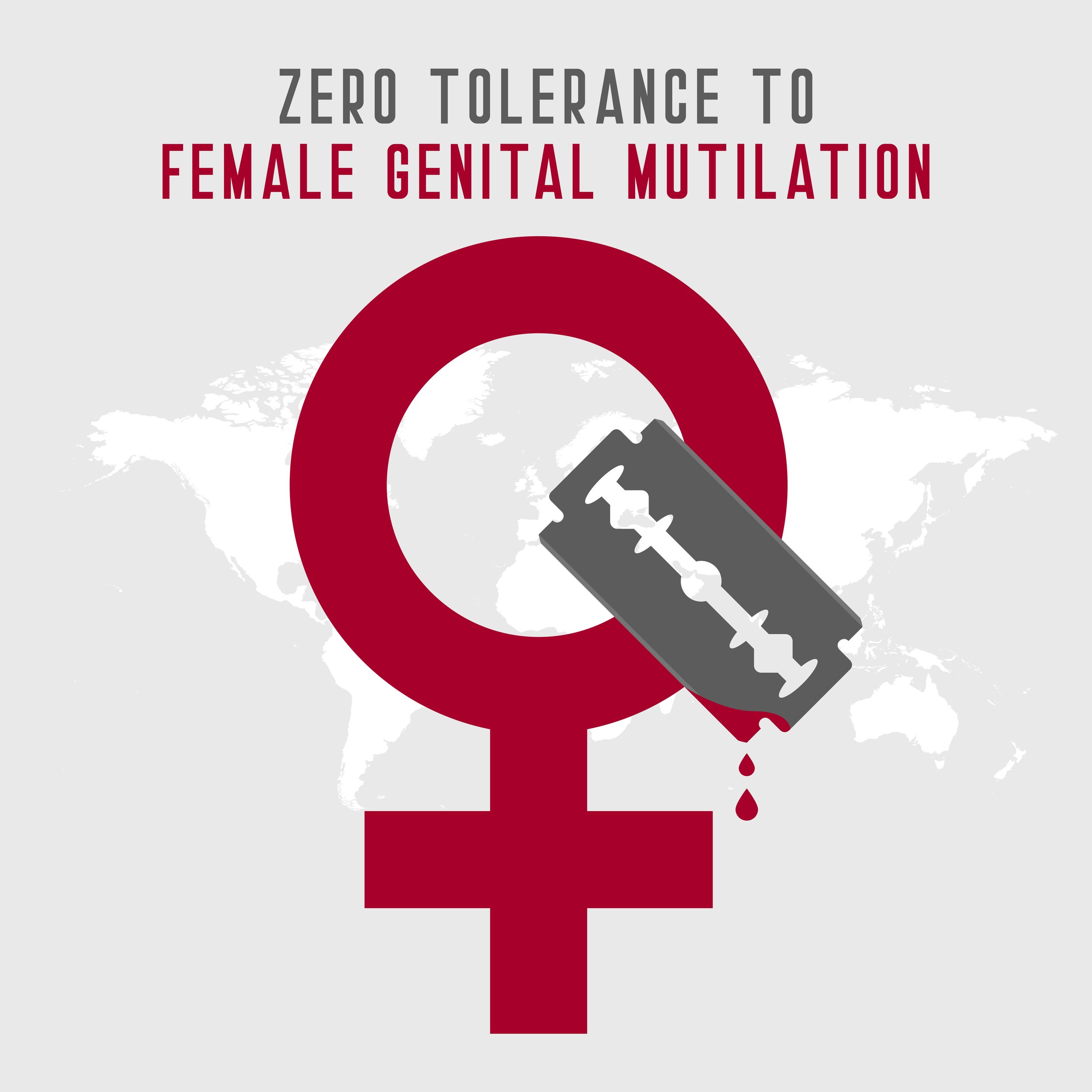
Combating FGM requires comprehensive efforts, including legislation, education, awareness campaigns, and community engagement to challenge harmful traditions and promote the rights and well-being of girls and women globally.
Genital Mutilation
If you are a Canadian citizen at risk of FGM abroad contact the nearest Canadian embassy or consulate, call 1-613-996-8885 or email sos@international.gc.ca
Female genital mutilation (FGM) is a deeply entrenched practice that affects millions of girls and women around the world. It involves the partial or total removal of external female genitalia for non-medical reasons, often carried out without consent and with severe consequences. FGM is prevalent in various cultures and communities, primarily in Africa, but it is also practiced in some parts of the Middle East and Asia. The physical and psychological effects of FGM are extensive and long-lasting. Immediate consequences can include severe pain, bleeding, infections, and difficulties with urination and menstruation. In the long term, women may suffer from chronic pain, sexual dysfunction, complications during childbirth, psychological trauma, and a range of physical and mental health problems. FGM perpetuates gender inequality and violation of women's rights, as it is rooted in harmful social norms, gender discrimination, and control over women's bodies. Combating FGM requires comprehensive efforts, including legislation, education, awareness campaigns, and community engagement to challenge harmful traditions and promote the rights and well-being of girls and women globally.
Resources
Please click on the infographic to learn more, download or print.
For an introductory primer on FGM for healthcare workers please see the link below:



